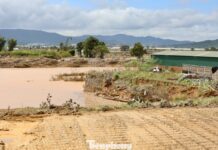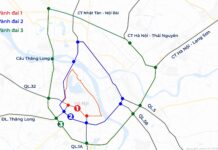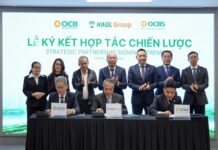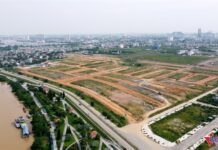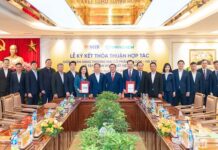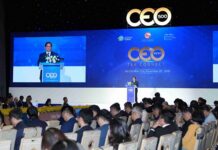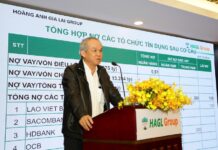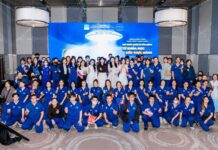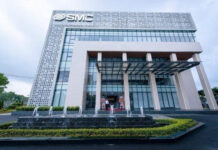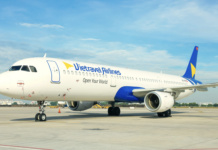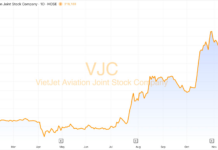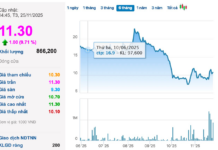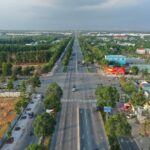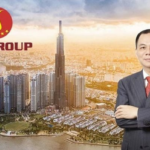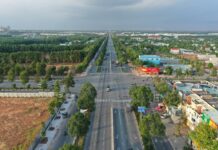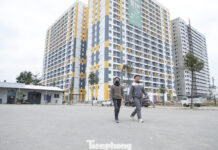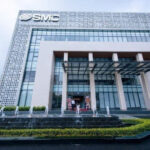In an exclusive interview with Thanh Niên newspaper, Mr. Nguyễn Việt Quang, Vice Chairman and CEO of Vingroup—the investor behind VinSpeed—explained why the company is willing to proceed with the North-South High-Speed Railway project despite anticipating losses of tens of billions of USD.
He highlighted that the majority of high-speed rail projects worldwide operate at a long-term loss, with no clear timeline for profitability. The only exception is the Beijing-Shanghai line, which profits from China’s massive passenger volume—a scale Vietnam cannot match. For the North-South High-Speed Railway, VinSpeed forecasts losses reaching tens of billions of USD.
Specifically, projected revenue averages $5.6 billion annually over the first 30 years, while direct operating costs (excluding depreciation and interest) are approximately $4.2 billion per year. To accommodate expected passenger traffic, an additional $18.06 billion is required for capacity expansion, beyond the initial $61 billion investment.
Over 30 years, total cash flow is estimated at $42 billion. However, VinSpeed must pay $1.05 billion annually in interest for the first 10 years on a $10.51 billion loan.
After 30 years, VinSpeed is projected to retain $10.5 billion (post-interest payments on the $10.51 billion loan), yet must repay $49.08 billion to the government—excluding VinSpeed’s initial investment and equipment replacement/maintenance costs every 30 years.
Addressing concerns that VinSpeed might abandon the project due to massive losses, Mr. Quang firmly stated, “There’s no question of abandoning the project or cutting losses.” He revealed that VinSpeed’s founder, Phạm Nhật Vượng, has devised a clear 30-year financial plan.
Funding will first come from dividends of companies within Mr. Vượng’s ecosystem. If insufficient, he will sell stakes in private firms like GSM, VinEnergo, and V-Green. If further funds are needed, he will sell a portion of his Vingroup shares after 30 years. VinSpeed is confident in this model, emphasizing meticulous calculations.
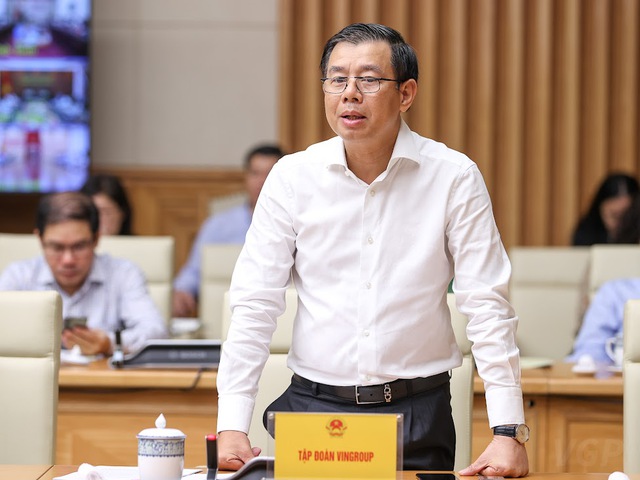
Mr. Nguyễn Việt Quang, Vice Chairman and CEO of Vingroup.
Mr. Quang affirmed VinSpeed’s commitment to the North-South High-Speed Railway project with a spirit of service and dedication. However, he stressed that the company’s resources are not limitless, and excessive costs could strain its financial capacity.
VinSpeed has proposed a direct private investment model: borrowing 80% of the capital from the government at 0% interest over 30 years, with the remaining 20% self-funded. Shifting to a PPP (Public-Private Partnership) model would make it difficult to secure such substantial funding. Over the next 30 years, the company expects to subsidize heavily to cover initial loans and related costs, leaving no room for additional interest payments.
From VinSpeed’s perspective, direct investment offers significant benefits to the government and society. Mr. Quang outlined five key advantages:
First, the government only needs to lend 80% instead of funding the entire $61 billion investment.
Second, the government recovers 80% of the loan in 30 years, rather than waiting over 140 years for full repayment.
Third, the system will be operational in 5 years instead of 10, boosting economic growth, improving transportation efficiency, reducing travel costs, and enhancing livelihoods along the route.
Fourth, the government avoids cost overruns and project delays.
Fifth, the government gains a high-speed rail industry without direct investment.
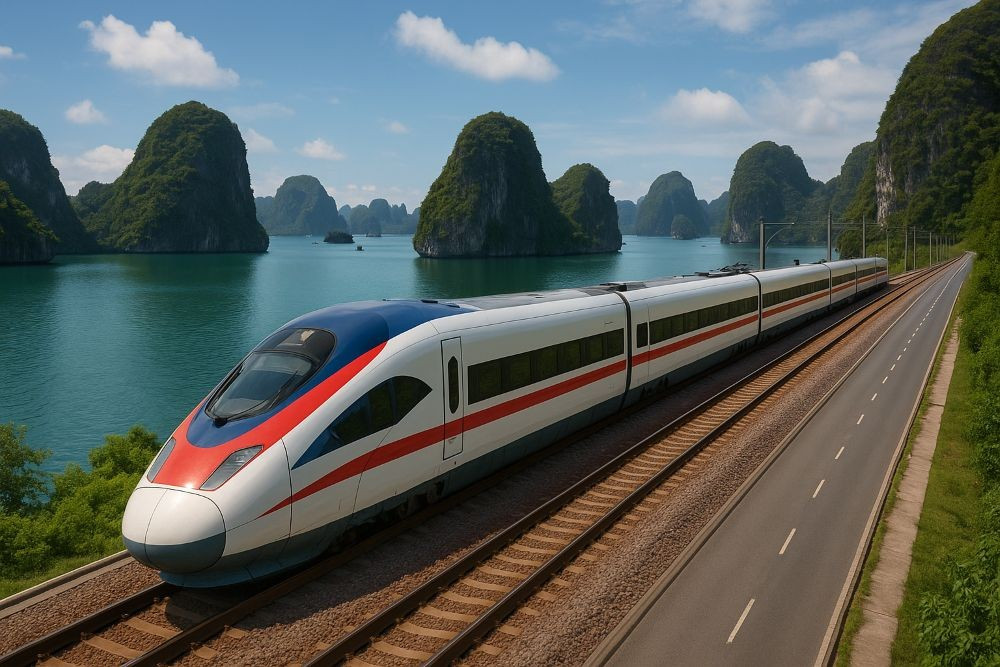
Amid concerns about VinSpeed’s capability as a newly established investor to complete such a national-scale project in just 5 years—half the original timeline—Dr. Lê Xuân Nghĩa expressed confidence in the company.
According to Dr. Nghĩa, VinSpeed is well-positioned to succeed. Though new, it is backed by billionaire Phạm Nhật Vượng and Vietnam’s largest multi-industry ecosystem.
He emphasized that companies under Mr. Vượng’s leadership have proven their execution capabilities through major infrastructure projects, such as the VinFast auto plant (completed in 21 months), the accelerated Ring Road 2, and a national-scale exhibition center built in just 10 months.
“Before VinFast, few believed Vietnamese could manufacture cars. Now, they’re the top-selling brand with nearly 70% localization. I believe VinSpeed carries the same ‘miracle DNA,’” Dr. Nghĩa stated.
The preliminary investment for the North-South High-Speed Railway is approximately $67 billion.
On May 14, 2025, VinSpeed officially submitted its investment proposal for the project, totaling $61.35 billion. The company pledged to self-finance 20% ($12.27 billion, excluding land clearance costs) and requested a $49 billion government loan at 0% interest over 30 years. VinSpeed committed to completing the project in 5 years, compared to the 10 years estimated for government-led execution.
Vingroup Plans to Issue VND 1.000 Billion in Bonds for Debt Restructuring
Vingroup is set to issue VND 1,000 billion in 36-month asset-backed bonds, aimed at restructuring its debt portfolio.
Vingroup Finalizes Plan to Issue VND 1,000 Billion in Private Bonds for Debt Restructuring
Vingroup (HoSE: VIC) has announced a board resolution to issue VND 1,000 billion in private bonds, aimed at restructuring its debt. This move coincides with the conglomerate’s plans to raise capital in the international market.

